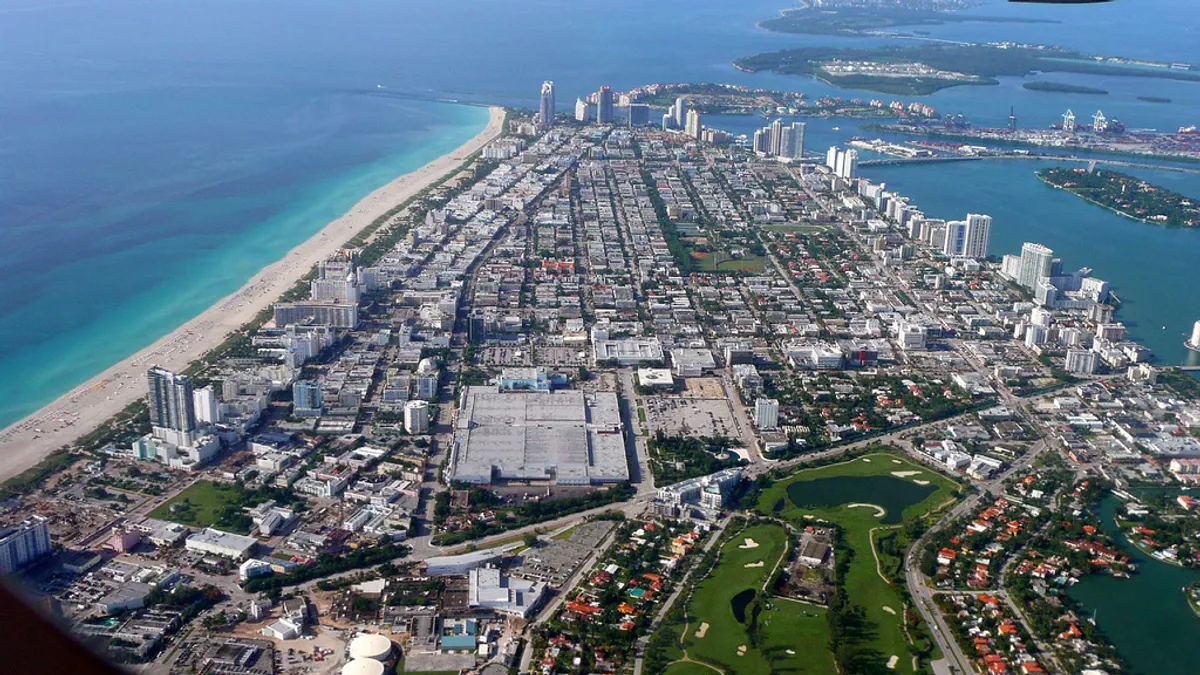Dive Brief:
- The Knight Foundation is offering up to $1 million in an open call for innovative ideas about the widespread gathering and use of data to build stronger and more engaged communities.
- City governments have made advances in the open data space, but the foundation believes that more can be done to get citizens who use open data to engage with their communities. "We see the space is still active, but we think it needs an injection of energy and focus and new, transformative approaches," Lilian Coral, Knight Foundation director for national strategy and technology innovation, told Smart Cities Dive. "Open data is not a new concept, it's out there ... It's about creating skills in the everyday person's life to be able to use data."
- Organizations and individuals from the 26 communities in which Knight invests can apply by Dec. 13. The Knight Foundation will contact people with the most promising submittals to gather more detailed information about their plans by the end of January. The winners are expected to be announced in early 2020.
Dive Insight:
Private companies have gathered and used data to hone their advertising, services or goods for years, and some of those companies have released certain data sets publicly. Recently, local governments have entered the data game and are finding more ways to use the gathered information. Last year, Los Angeles famously created the Mobility Data Specification to gather, use and govern dockless mobility device data, which has since been adopted by other cities.
However, the public's use of readily-available data is lagging compared to other sectors. One of the main reasons for the lag is because the average citizen doesn't know what to do with that data. The Knight Foundation's intention with the open call for ideas is to provide necessary digital skills for more citizens, and as part of the foundation's larger smart cities effort.
"Our smart cities approach has been about trying to ensure the voice of the community is really reflected in technology and the use of data in cities," Coral said. "We are seeing more and more that this data for civic engagement component is a critical one. It's one where we're not making as great of strides as we had hoped originally. It's about meeting people where they are."
One way to make technology more available is by ensuring people learn the skills to use those solutions. Closing the digital divide as technology proliferates is a leading, widespread smart city effort that local, state and federal governments are focusing on.
The Knight Foundation intentionally left the idea submission details vague to avoid influencing people's creativity. They want to receive community-based ideas that get to the heart of what citizens really need or want. One example of a non-governmental organization that engages citizens through data and technology is Code for America. Citizens can engage via data by using a voice activated assistant such as Siri to get or send information to local leaders, and the local government, in turn, might send a notification about upcoming meetings where it seeks public input. Slews of open data sets exist that could be harnessed for this open call, including traffic, green spaces, housing density and neighborhood walkability.












